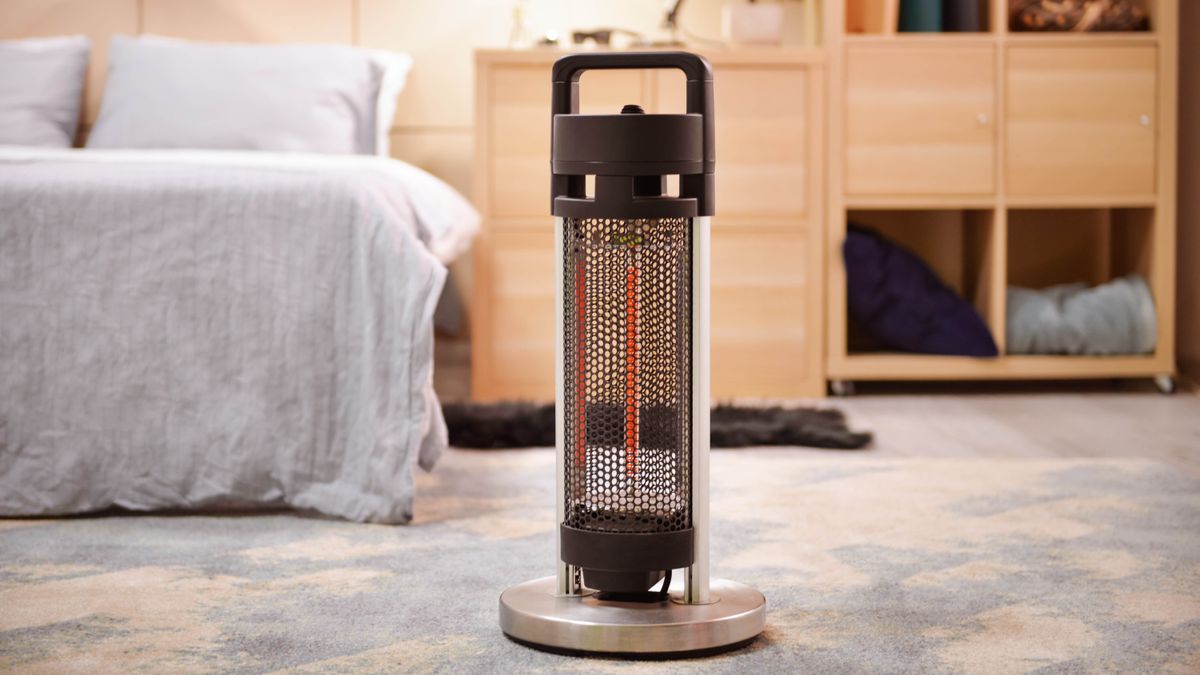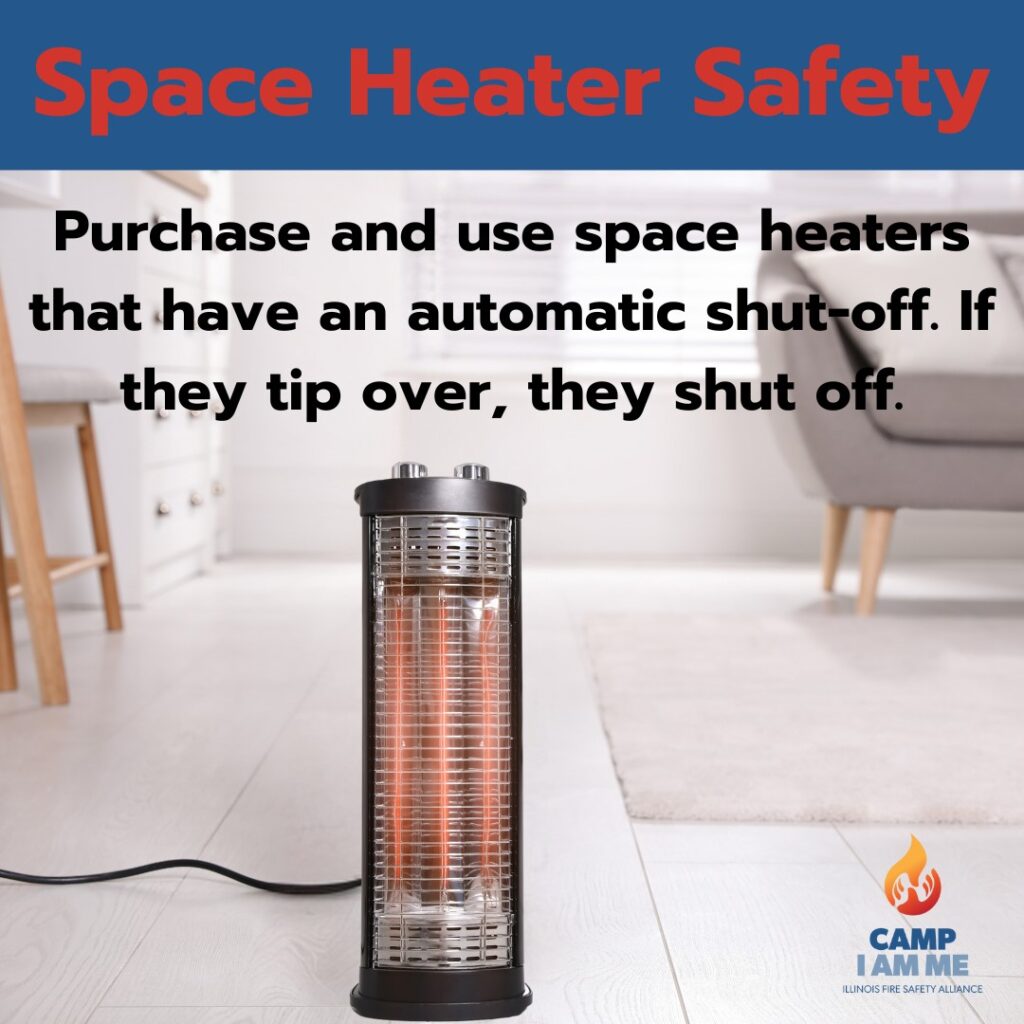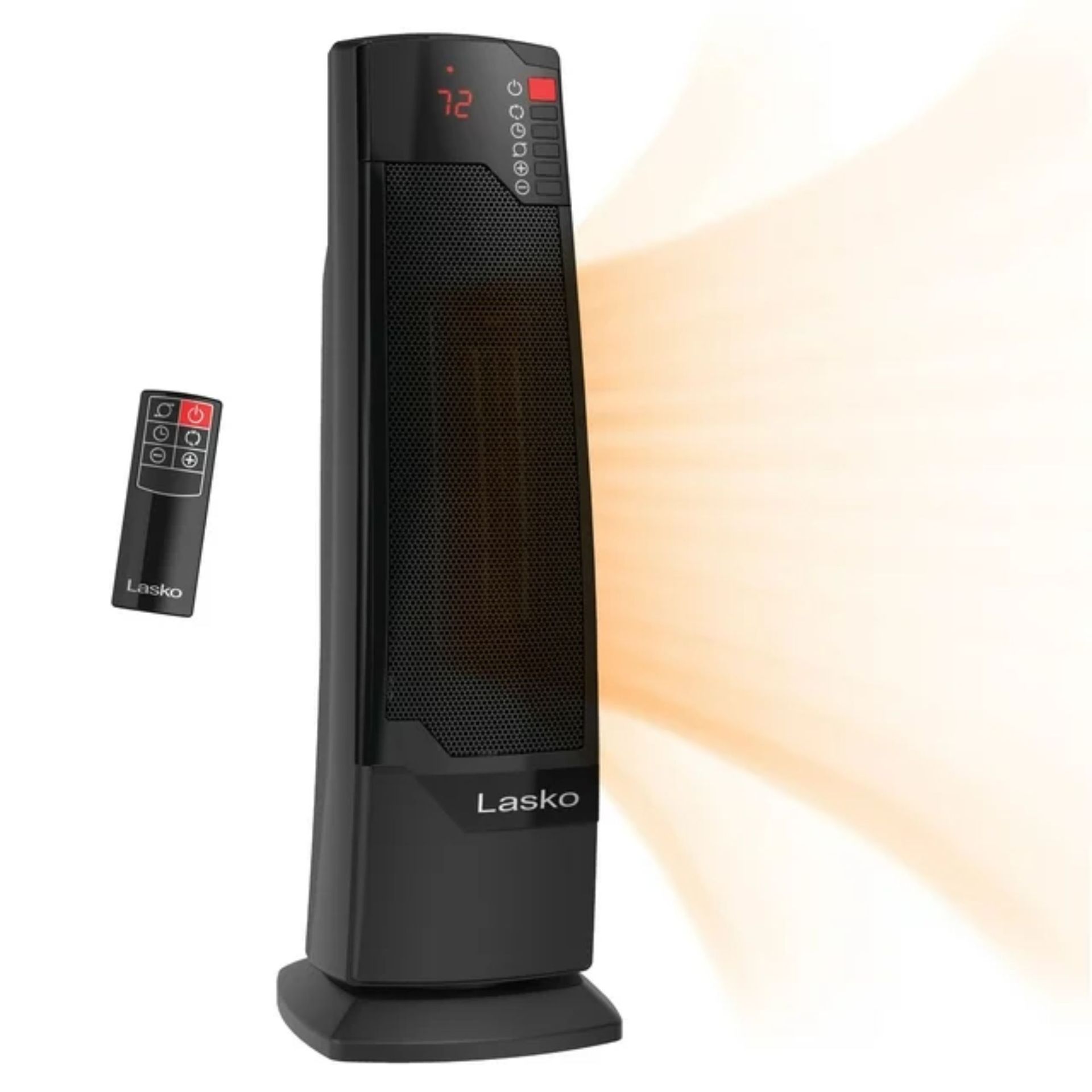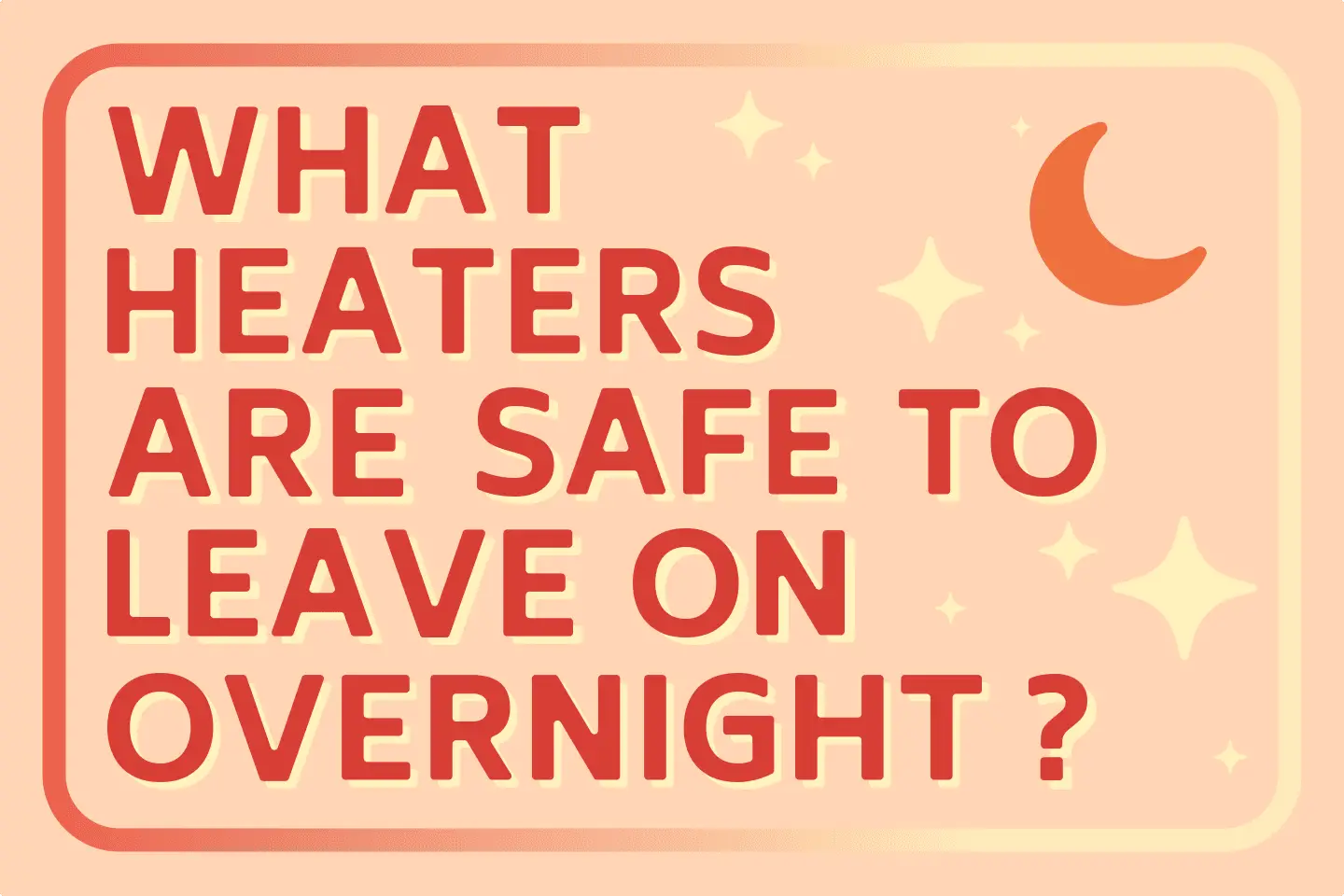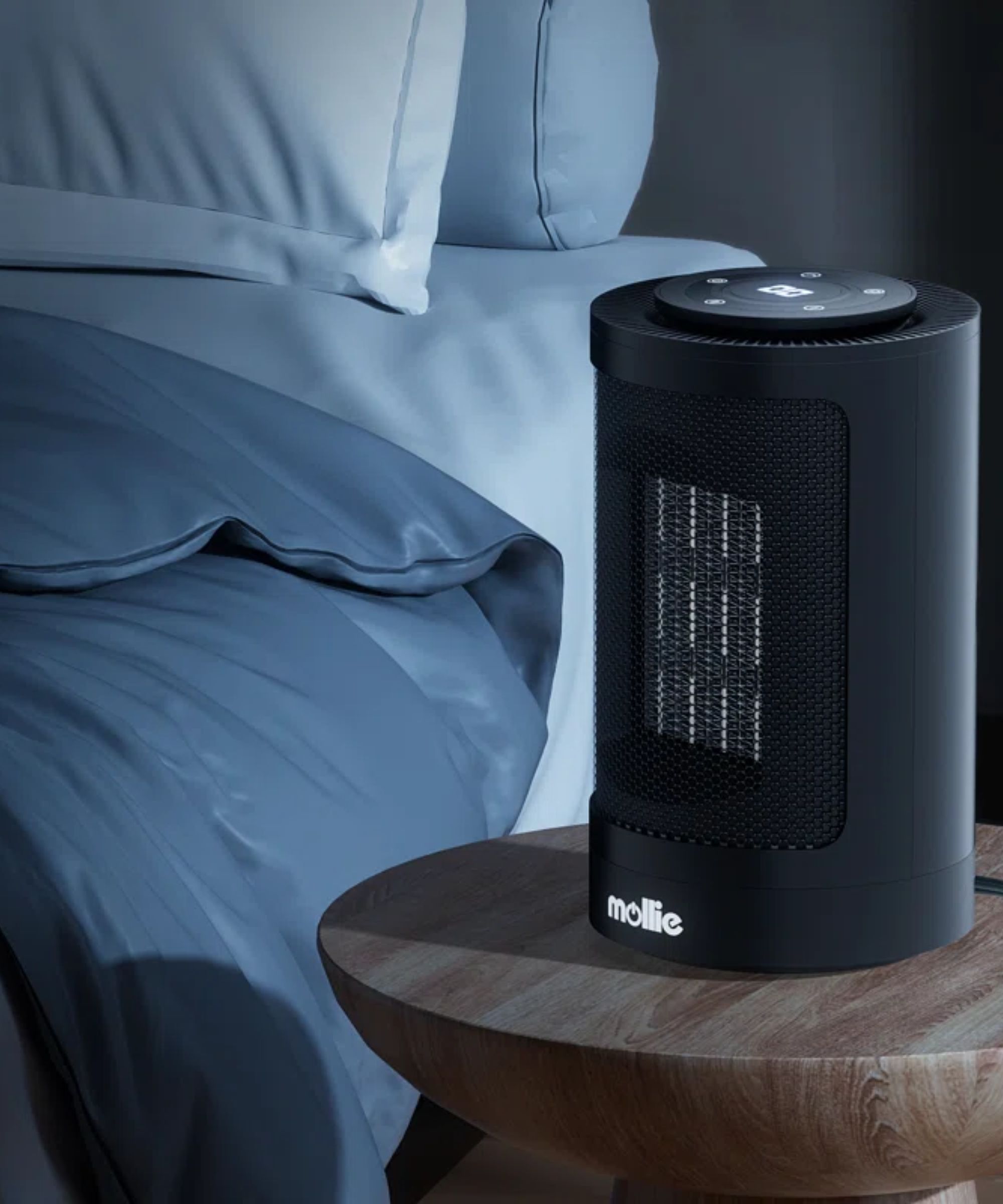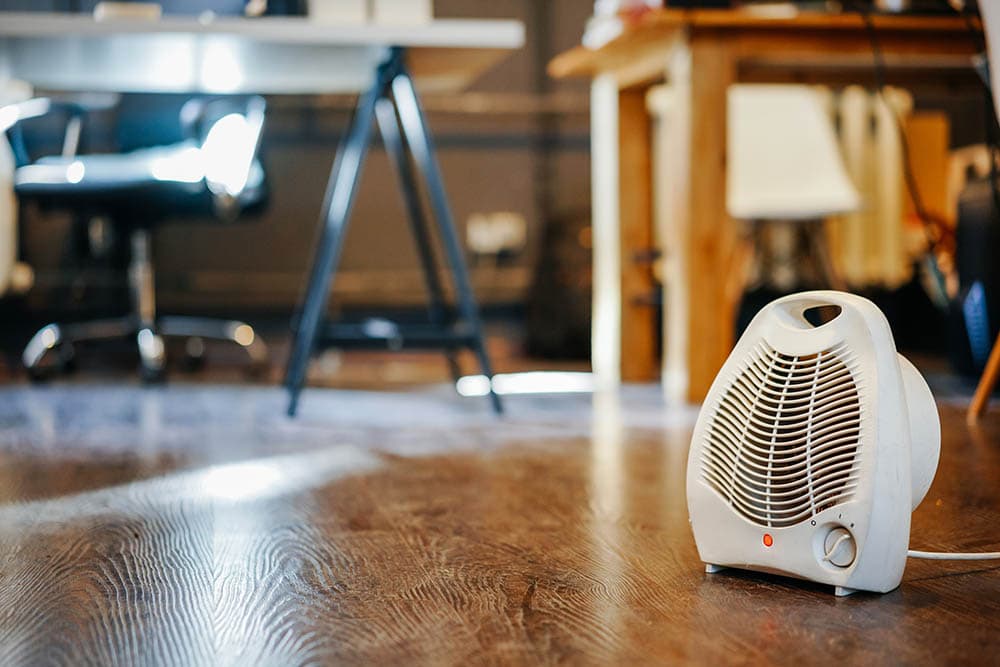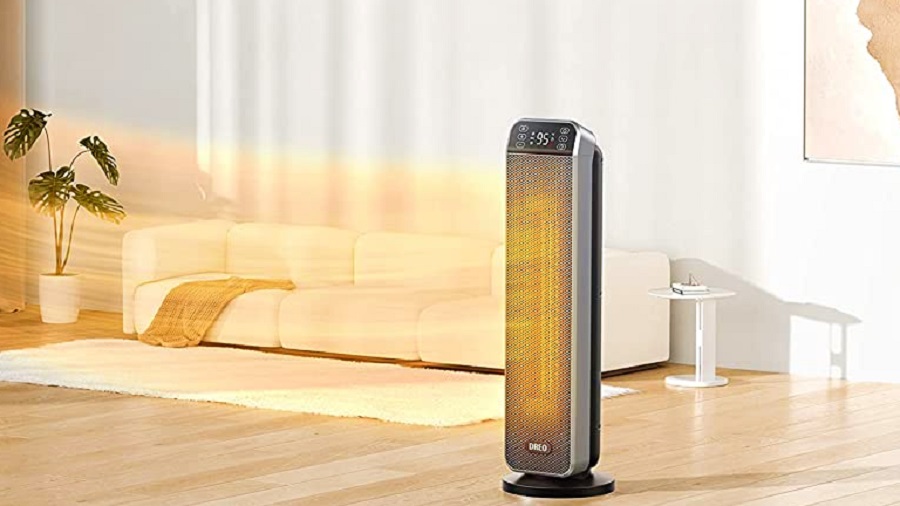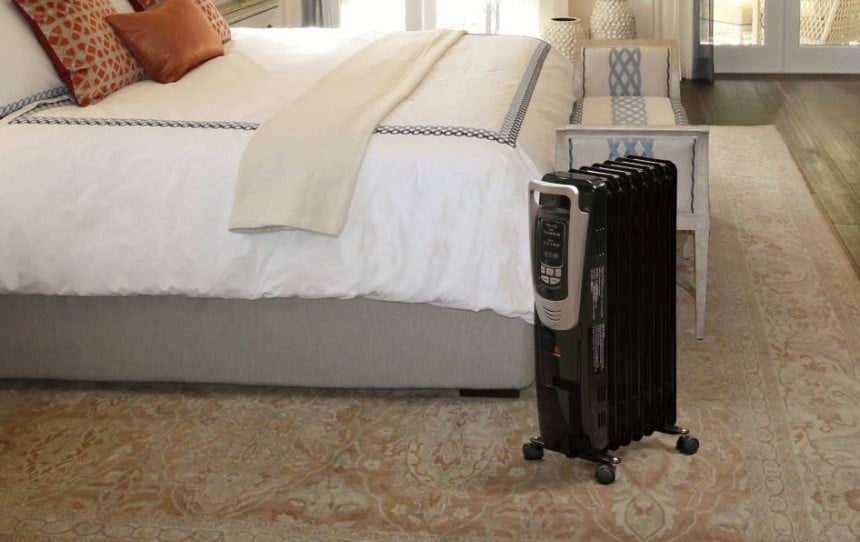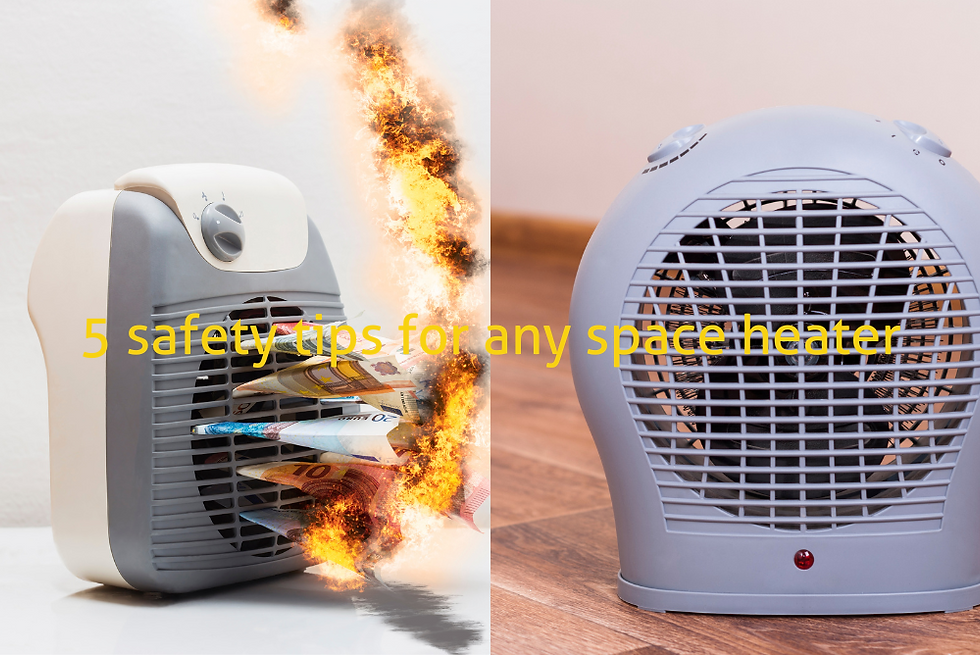Are Space Heaters Safe To Leave On Overnight
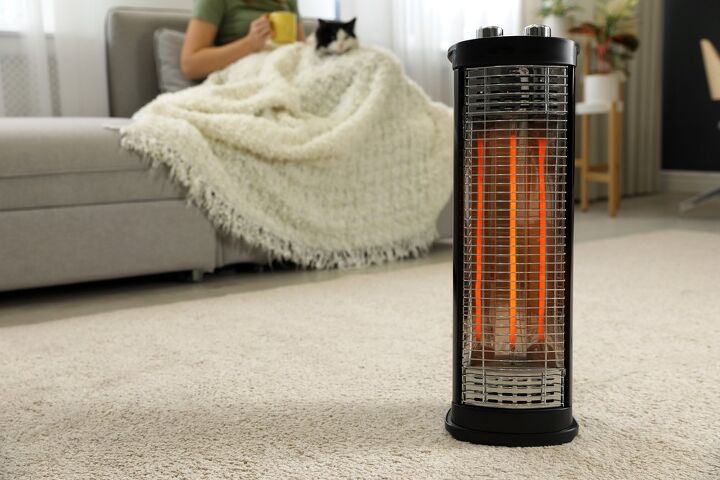
As winter's chill deepens, many seek refuge in the cozy warmth of space heaters. But this seemingly simple solution to combatting the cold raises a critical question: Are space heaters safe to leave on overnight? The answer, unfortunately, isn't a straightforward yes or no.
The potential dangers associated with unattended space heaters are real and significant. This article delves into the risks, safety guidelines, and alternative heating methods to help you make informed decisions about staying warm this winter without compromising your safety.
The Core Issue: Fire Hazards and Safety Concerns
The nut graf here is that while space heaters can provide targeted warmth, leaving them unattended, especially overnight, dramatically increases the risk of fire, carbon monoxide poisoning (in some cases), and burns. Understanding these risks and taking preventative measures is crucial for safe operation.
Leading Causes of Space Heater Fires
The National Fire Protection Association (NFPA) reports that space heaters are a leading cause of home heating fires. These fires often originate from flammable materials being placed too close to the heater.
Curtains, bedding, furniture, and even clothing can easily ignite if they come into contact with a hot space heater. This is especially dangerous when occupants are sleeping and less likely to detect a fire in its early stages.
Another significant cause is malfunctioning equipment or damaged cords. Always inspect your space heater before each use, looking for frayed wires, cracks, or other signs of damage.
The Carbon Monoxide Threat (For Certain Types)
While most electric space heaters don't produce carbon monoxide, it's crucial to consider fuel-burning heaters like kerosene or propane models. These heaters can release deadly carbon monoxide if not properly ventilated.
The Consumer Product Safety Commission (CPSC) strongly recommends using a carbon monoxide detector in any home where fuel-burning appliances are used. Regular testing of these detectors is essential.
Symptoms of carbon monoxide poisoning include headache, dizziness, weakness, nausea, vomiting, chest pain, and confusion. If you suspect carbon monoxide poisoning, immediately move to fresh air and seek medical attention.
Burns and Safety Around Children and Pets
Space heaters can reach extremely high surface temperatures. This poses a significant burn risk, particularly to children and pets who may not understand the danger.
Keep space heaters out of reach of children and pets, or use models with safety features like tip-over switches and cool-touch housings. Never leave children unsupervised in a room with a running space heater.
Consider using a safety gate or screen to create a barrier around the heater. This adds a layer of protection against accidental contact.
Expert Advice and Safety Guidelines
Numerous organizations provide guidance on safe space heater use. Adhering to these guidelines can significantly reduce the risk of accidents.
Recommendations from Reputable Organizations
The NFPA advises keeping a three-foot "clearance zone" around space heaters, free of anything that can burn. They also recommend plugging space heaters directly into a wall outlet, not an extension cord or power strip.
Underwriters Laboratories (UL) certification ensures a space heater has been tested and meets safety standards. Look for the UL mark when purchasing a new heater.
The CPSC emphasizes the importance of reading and following the manufacturer's instructions. This includes proper placement, ventilation requirements (for fuel-burning models), and maintenance schedules.
Essential Safety Features to Look For
Tip-over switches automatically shut off the heater if it's knocked over. This is a crucial safety feature, especially for homes with children or pets.
Overheat protection prevents the heater from overheating and potentially causing a fire. This feature is particularly important for unattended use (though, again, unattended use is generally discouraged).
Cool-touch housings keep the exterior of the heater from becoming too hot, reducing the risk of accidental burns. This can be especially helpful around children and pets.
Alternatives to Leaving Space Heaters On Overnight
Given the risks associated with leaving space heaters on overnight, exploring alternative heating solutions is wise. There are safer and often more efficient ways to stay warm.
Safer and More Efficient Heating Options
Consider investing in a programmable thermostat for your central heating system. This allows you to set different temperatures for different times of day, saving energy and ensuring a comfortable temperature overnight.
Electric blankets or mattress pads provide targeted warmth without heating an entire room. They typically have automatic shut-off features for added safety.
Proper insulation can significantly reduce heat loss, keeping your home warmer and reducing the need for supplemental heating. Seal any drafts around windows and doors.
Simple Habits to Stay Warm
Layering clothing is a simple and effective way to stay warm without relying on heating devices. Wear warm socks, sweaters, and hats.
Drinking warm beverages like tea or hot chocolate can help raise your body temperature. A warm bath or shower before bed can also promote relaxation and warmth.
Closing off unused rooms can help conserve heat and keep the rooms you're using warmer. This reduces the overall heating demand.
Conclusion: Prioritizing Safety and Making Informed Choices
While the allure of a warm room on a cold night is understandable, the risks associated with leaving space heaters on overnight are simply too great to ignore. The potential for fire, carbon monoxide poisoning, and burns far outweighs the convenience.
By understanding the dangers, following safety guidelines, and exploring alternative heating methods, you can create a safe and comfortable environment for yourself and your family this winter. Prioritize safety and make informed choices to ensure a warm and worry-free season.
Looking ahead, further advancements in space heater technology, along with increased public awareness campaigns, could potentially mitigate some of the risks. Until then, caution and preventative measures remain the best defense against space heater-related accidents.
